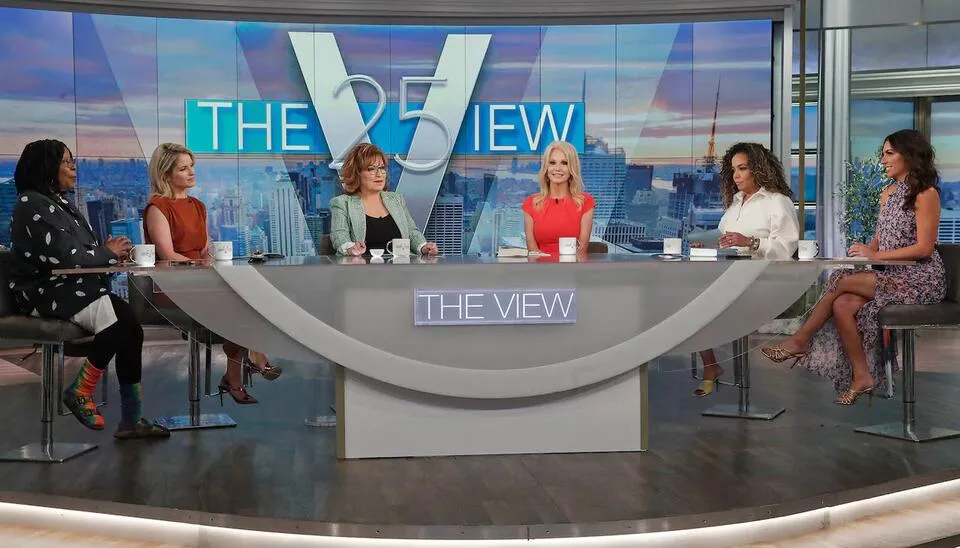Shocking Revelations: The RICO Case That Could Change Everything!
In a groundbreaking legal development that has sent shockwaves through the entertainment industry, the recent RICO case involving Sean “Diddy” Combs has emerged as a potential watershed moment in the fight against organized crime and systemic abuse. The case, which has captivated public attention, represents far more than a simple legal proceeding – it’s a profound examination of power, accountability, and justice in the modern entertainment landscape.
The Racketeer Influenced and Corrupt Organizations Act (RICO), originally enacted in 1970 to combat organized crime, has found new relevance in this high-profile investigation. Legal experts are now closely analyzing how this decades-old legislation could potentially dismantle what prosecutors allege is a complex network of criminal activities within the music industry.
The Charges and Their Implications
Diddy faces an unprecedented array of serious allegations, including:
- Racketeering conspiracy
- Sex trafficking
- Systematic abuse of power
- Exploitation within the entertainment industry
“This is not just about one individual,” remarked a senior legal analyst, “but about a systemic pattern of behavior that has long been hidden from public view.”
The case represents a critical moment of reckoning, potentially setting a precedent for how similar investigations might be conducted in the future. Prosecutors are leveraging the RICO Act’s powerful legal framework to address what they describe as a complex criminal enterprise that extends far beyond traditional notions of organized crime.
Breaking Down the Legal Landscape
The RICO Act provides prosecutors with extraordinary tools to combat organized criminal activities. Unlike traditional criminal prosecutions, this approach allows investigators to target entire organizational structures rather than isolated incidents. The potential consequences are severe, with possibilities including:
- Lengthy prison sentences
- Substantial financial penalties
- Complete dismantling of criminal networks
- Comprehensive asset seizures
Legal experts suggest that the case could fundamentally transform how the entertainment industry addresses issues of power, consent, and systemic abuse. “This is more than a legal proceeding,” noted one prominent attorney, “it’s a potential cultural reset.”
Public and Industry Reaction
The case has generated a complex tapestry of public responses. While some view the prosecution as a long-overdue moment of accountability, others remain skeptical about the motivations and potential outcomes. Social media platforms have become battlegrounds of opinion, with passionate debates emerging about justice, celebrity culture, and systemic corruption.
Broader Implications
Beyond the immediate legal proceedings, the case has sparked critical conversations about:
- Accountability in high-profile industries
- The protection of vulnerable individuals
- The role of institutional power
- The effectiveness of existing legal frameworks
Victims’ rights advocates have been particularly vocal, emphasizing that this case represents more than a singular legal battle – it’s a potential turning point for systemic change.
The Road Ahead
As the legal proceedings continue, the entertainment world watches with bated breath. The outcome could reshape understanding of corporate accountability, criminal prosecution, and the delicate balance between individual rights and systemic protections.
“We are witnessing a potentially historic moment,” one legal commentator observed, “where the law is being used as a tool for genuine systemic transformation.”
Conclusion
The RICO case against Diddy transcends traditional legal boundaries, representing a profound moment of potential cultural and institutional reckoning. It challenges long-standing power structures and offers a glimpse into a future where accountability is not just a concept, but a tangible reality.
Stay tuned as this landmark case continues to unfold.
Disclaimer: This article is based on current reporting and legal proceedings. All individuals are presumed innocent until proven guilty in a court of law.






Leave a Comment